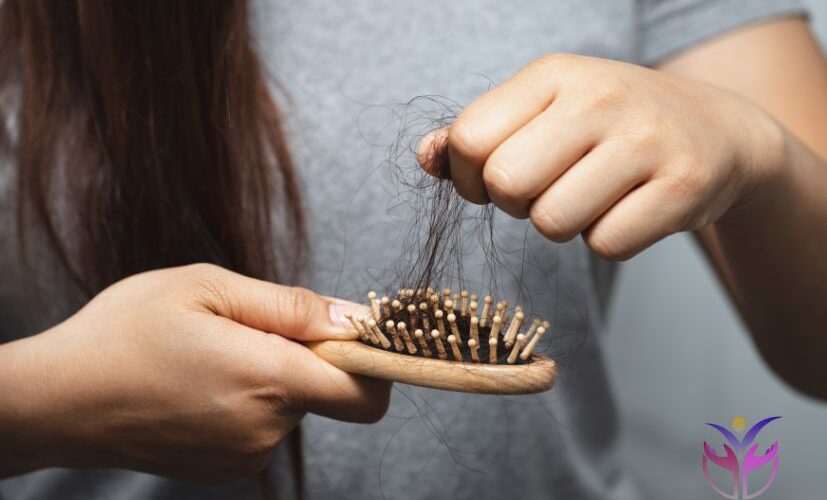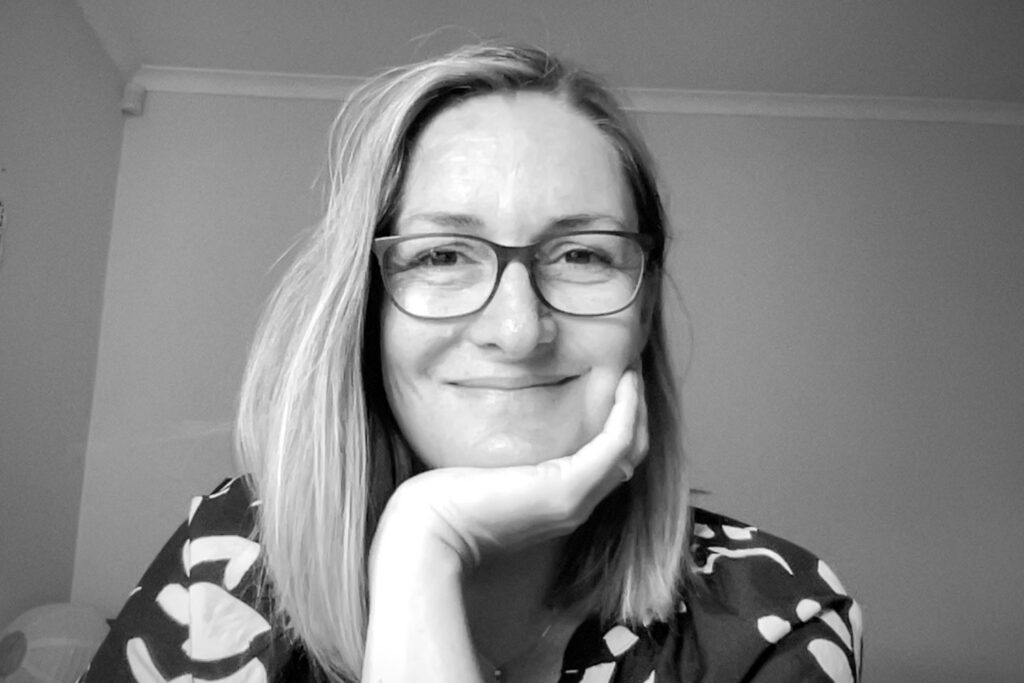Blog
Wash your brush
- July 23, 2025
- Posted by: Jouré Rustemeyer
- Category: Neurodivergent Treatment

“Wash your brush” you say? Is this about cleanliness? No, this isn’t a post about hygiene. Although it could be! This is about moving forward and adapting and changing when things no longer work for you.
Not sure how they connect? Let me explain.
When in high school I was gifted the most amazing hairbrush. Straight out of England! My hair loved it. It didn’t pull my hair, took my knots out as if by magic. I treasured it as much as I could treasure an inanimate object.
A couple of weeks later, while bushing my hair after washing it, my mom came and sat with me to chat. She remarked on the fact that I had washed my hair just two days ago. I complained then that my hair is getting super dirty very quickly. Much more than before! My mother then said something that was so incredibly logical, so logical in fact that it never crossed my mind:
“You must wash your brush when you wash your hair. Otherwise, you brush the dirt back in.”
Needless to say, this is what I did, and I didn’t have the problem of instant dirty hair again. And I have been doing that for the last 30 years. Different brushes of course, my favourite was stolen!
I have been thinking a lot lately about how we automatically stick to systems, habits, techniques or methods if you will, almost out of habit. Even if they no longer work for us. Or even if they never really did. How we almost don’t think about them, how we expect them to suddenly start working out of the blue. And our utter reluctance to change. It is like buying the same shoe polish for years even though it does not make your shoes shine. But your gran used it, your parents used it, and you are using it.
The thing is though, when your gran bought it, it was actually the best on the market. And maybe when your mom bought it as well. But since then, there has been 100’s of new shoe polish products. Many of them much better, as someone somewhere did some research that was sick and tired of dull shoes, so they made it better. But you refuse to change your shoe polish. So, you keep having dull shoes.
I see this often when working with neurodivergent individuals. Whether it is a parent, therapist or the ND person themselves, they stick to methods that just do not work, but those are the ones they grew up with. Maybe they worked when they were 5. But now they are 25+ and they no longer do. But they stick to it. Expecting different results from doing the same thing. Over and over.
These methods could be like the dirty hairbrush. In the beginning the hairbrush made your hair shine, just like the new techniques made your life easier. Or helped you cope. But you never updated them. Even though you yourself have been “updated”. You never “washed your brush”.
The problem with not “washing your brush”, is that it starts making your life more difficult. You no longer find situations as easy as before as your methods or techniques, call it what you will, that you used to make your life easier, now make it more difficult. And because you are forcing them, expending extra energy to make them work, you are pushing yourself to the edge, sometimes over, of burnout. You are taking your executive function reserves and depleting them on the first task. Because there is a hole in your tank!
Change is not easy. And for some, it is even scarier than most because it removes the predictable element that is so needed for peace. I get that. At the rate the world is changing on all levels: technological, social, personal, careers, etc, it almost feels as if we are getting whiplash. Just trying to keep up, never mind get ahead.
The time has come though, to take a good, and deep look at what is serving you, and what isn’t. it is now that we fix the system by truly understanding what we need, and what we don’t need. Don’t let outdated strategies quietly sabotage your progress—recognise when it’s time to ‘wash the brush’.

I’m Jouré Rustemeyer, founder of Help My Child, an organisation dedicated to supporting those who live and work with neurodivergent individuals. With over two decades of experience in this field, I’ve seen first-hand how vital it is to regularly reflect on what’s working—and what isn’t. That’s why I’ve created a range of internationally accredited courses designed to expand your list of possible approaches. The more tools you have, the easier it becomes to let go of outdated methods and confidently replace them with strategies that actually work for you or the person you’re supporting. Whether you’re a parent, therapist, teacher or caregiver, Help My Child is here to walk that journey with you.
